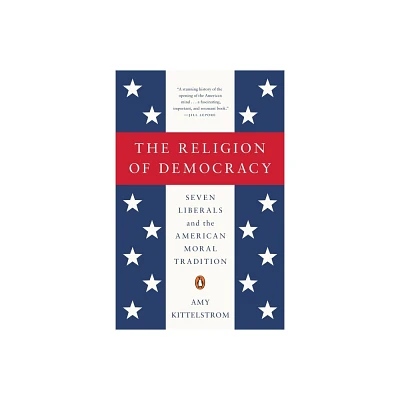Home
Contemporary Democracy and the Sacred: Rights, Religion and Ideology
Loading Inventory...
Barnes and Noble
Contemporary Democracy and the Sacred: Rights, Religion and Ideology
Current price: $44.95


Barnes and Noble
Contemporary Democracy and the Sacred: Rights, Religion and Ideology
Current price: $44.95
Loading Inventory...
Size: OS
*Product Information may vary - to confirm product availability, pricing, and additional information please contact Barnes and Noble
Debates on the impact of religious traditions upon secular politics have raged throughout the last century and continue today. Exposing the ambiguity of secularity in political life, Jon Wittrock investigates the contemporary relevance of the scared beyond established religious communities and within wider civic society. In the context of globalization, characterized by the spread of capitalist commodification and new technologies of transportation and communication, determining the legitimacy of democratic nation-states is particularly urgent.
Questioning ontological challenges to democracy, this book confronts the public narratives, symbols and rituals of the political domain. It analyses modern scholarship on the impact of eschatological figures of thought on government and political ideologies, what hopes there are for universal rights or justice, and the “public worship” of contemporary democracies.
Bridging the analytical and continental sides of the philosophical divide, this book draws upon conceptual analysis as well as phenomenology and deconstruction. It advocates neither a left- nor a right-wing political approach, but seeks to outline what political secularization could and should mean.
Questioning ontological challenges to democracy, this book confronts the public narratives, symbols and rituals of the political domain. It analyses modern scholarship on the impact of eschatological figures of thought on government and political ideologies, what hopes there are for universal rights or justice, and the “public worship” of contemporary democracies.
Bridging the analytical and continental sides of the philosophical divide, this book draws upon conceptual analysis as well as phenomenology and deconstruction. It advocates neither a left- nor a right-wing political approach, but seeks to outline what political secularization could and should mean.


















